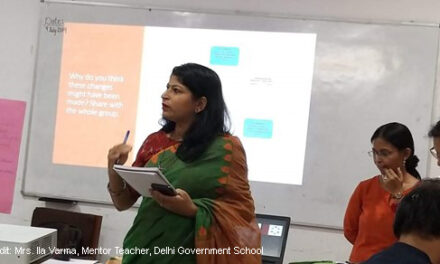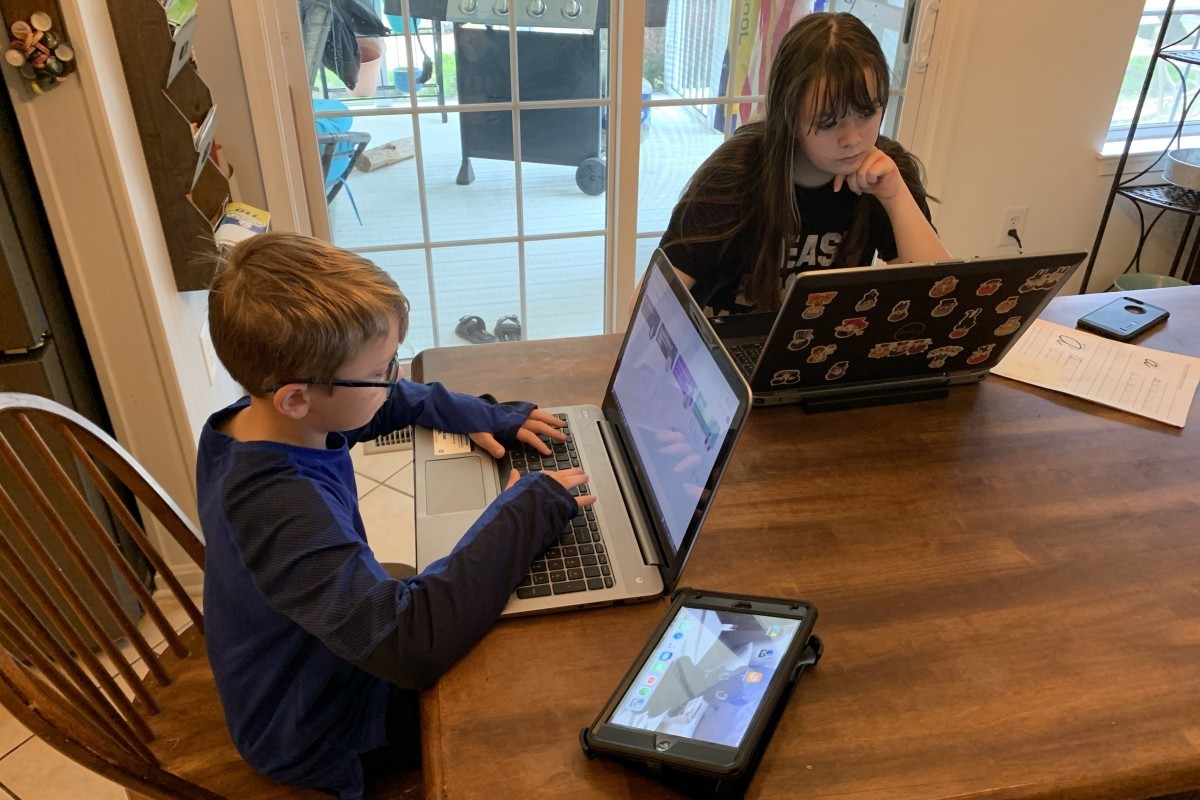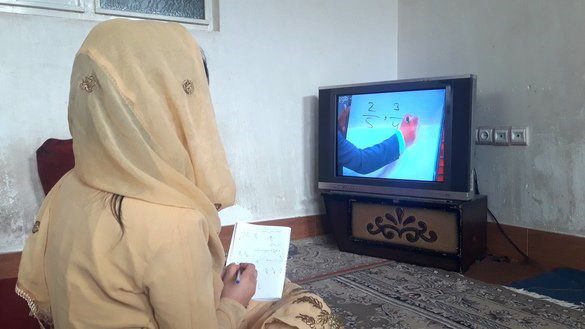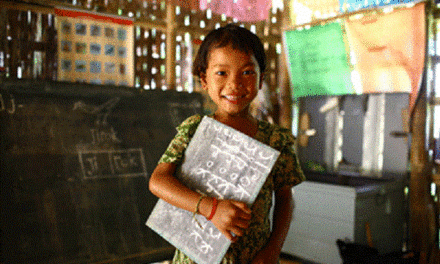This blog was written by Catherine Jere, Associate Professor in Education and Development, School of International Development, University of East Anglia, and Sandra Baxter, UKFIET Engagement Fellow and Research Associate at the Research for Equitable Access and Learning (REAL Centre) at the University of Cambridge.
On Friday 15 October 2021, UKFIET hosted an online webinar to ‘Meet the Editors’ from five top comparative and international education journals. This provided the opportunity for participants to hear directly from editors about what they look for in articles, the process for submitting manuscripts, top tips for success, and more.
Previously, a ‘Meet the Editors’ event was normally held at the biennial UKFIET conference. However, given that the September 2021 UKFIET conference was online, a decision was made to shift this session to a separate event – this also gave the opportunity for many more participants to join from all over the world (indeed we had people representing all continents and at least 20 countries), regardless of whether they were attending the conference or not.
Editors from five journals started with brief highlights of their journal, followed by a rich discussion with attendees. The session was moderated by Catherine Jere, University of East Anglia, and Maia Chankseliani, University of Oxford. We were very pleased to have the following editors from five internationally-renowned journals participating (full bios are available here):
- Comparative Education Review – Bjorn H. Nordtveit
- Compare – Sheila Trahar
- Comparative Education – David Phillips
- International Journal of Educational Development – Stephen P Heyneman
- Journal on Education in Emergencies – Dana Burde and Heddy Lahmann
This blog summarises some of the key points and top tips provided by the editors.
“Don’t just send it in” – All of the editors stressed the importance of investing time in reviewing previous articles and studying their websites for the journal’s priorities and criteria for acceptance of articles for review, as well as specific guidance. Getting to know the journal well beforehand is essential. Ensure that the article for submission is a ‘good fit’ for the journal in question.
Journals often accept writing in a range of different formats, not just the typical research article: check what works best for you. The Journal on Education in Emergencies ‘Field Notes’ feature practical insights into, and reflection on, Education in Emergencies work on the ground. The Compare Forum offers multi-author reflective pieces on a particular topic or issue.
All journals put out calls or accept proposals for Special Issues, but the number published per year differs – the journal websites will provide details. Bjorn Nordtveit highlighted two Special Issues currently under production with Comparative Education Review: one on Gender and Sexualities and one on Black Lives Matter and Global Struggles for Racial Justice in Education, both to be published shortly.
Include comparative or international dimension – For journals that have an explicit focus on the field of comparative education, articles should not just be on ‘international education’ but need to understand the discipline of ‘comparative education’. If focusing on a single country study, they need to include a comparative dimension. Some journals are happy to accept single country studies, some less so – check the guidance!
How to frame a single country study – One way an article can focus on a single country is if it is positioned within the global literature. It should start with the ‘state of the art’ on the literature with examples from elsewhere. Then relate that to the specific country case study. At the end, it should come back to the theoretical introduction and make links to why that particular country is of relevance.
Originality – Editors are looking for something new and fresh. The novelty of the question is attractive. Original data is of interest. It doesn’t have to use data from more than one country to compare implications. Does it have global ramifications? Editors are looking for something they did not expect – where they can learn something new.
Be honest and write what you would find interesting – Sources of data are very often attached to donor agendas, which tends to support success. It’s okay to report on disaster stories and lessons learned from programmes that went wrong!
Voices from the Global South – Bjorn Nordtveit stressed that if a study is on a country where the author(s) is not based, they should consider providing a rationale for their involvement and/or an explanation of their expertise in that context. They should be explicit about conscious ways they have tried to minimise power inequalities. Sheila Trahar said that “the peer review is the easiest way to replicate privilege”. Therefore Compare editors make an extra effort to get peer reviewers from the country or context where the study is based.
The editors also make a huge effort to support authors whose research shows promise, but are less ‘familiar’ with academic requirements and not ready for publication. The Journal on Education in Emergencies works closely with Evidence in Governance and Politics (EGAP), who focus on supporting academic rigour with an intensive focus in the Global South.
The Compare journal has been running an annual online ‘Writing for Publication’ programme funded through British Association of International and Comparative Education (BAICE) since 2008 and since 2017, an annual Compare Fellowship, to support early career academics from the Global South in disseminating their research and scholarship to a global audience.
Methodology – The methodology needs to be rigorous. And the study needs to meet the ethical criteria for the journal. Editors are also looking for a well-structured article.
Rejection process – Most of the journal editors agreed that they are receiving many more submissions each year. Most are immediately rejected because they do not meet the editorial criteria or priorities. They can also be too over-specialised. And not meet the necessary due diligence. If an author is asked to make changes and resubmit, do write back and say what can and can’t be done, and why – highlight where changes have been made and write a full letter outlining these.
Have a conversation – Stephen Heyneman stressed that, although a considerable time burden, he would rather receive an executive summary from an author who is thinking of developing an idea before they develop the full piece, only to get rejected. The editor can recommend journals from a different field if this is more relevant and it cuts down on effort and disappointment that the author may face further down the line.
Further reading/ watching – Authors are encouraged to read up about what each journal is looking for – there are often resources on the journal websites. The International Journal of Educational Development is soon going to put out a webinar on how to turn an important question into study suitable for publication.






